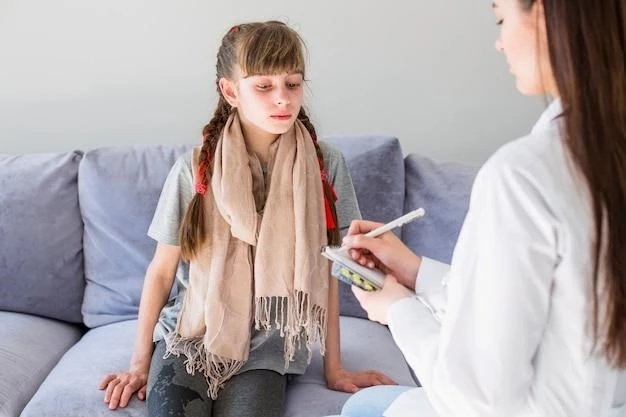Introduction to Rubinstein-Taybi like syndrome
Learn about Rubinstein–Taybi like syndrome, a rare genetic condition characterized by distinctive facial features, intellectual disability, and abnormalities in extremities. Stay informed!
Overview of Rubinstein-Taybi Syndrome (RTS)
Rubinstein-Taybi Syndrome (RTS) is a rare genetic condition characterized by distinctive facial features, broad thumbs and toes, short stature, and varying degrees of intellectual disability. Often caused by mutations in the CREBBP or EP300 genes, individuals with RTS may also experience cardiovascular abnormalities, skeletal anomalies, and developmental delays. Early diagnosis and comprehensive care are crucial in managing the diverse symptoms associated with RTS.
Clinical Features of Rubinstein-Taybi like syndrome
Individuals with Rubinstein-Taybi like syndrome may exhibit distinctive facial features, broad thumbs and first toes, short stature, intellectual disability, and varying skeletal abnormalities. Understanding these clinical features is crucial for early identification and management.
Distinctive Characteristics of Rubinstein-Taybi Syndrome
Rubinstein-Taybi Syndrome is characterized by unique facial features, broad thumbs and toes, short stature, and varying degrees of intellectual disability. Understanding these distinctive characteristics is crucial for recognizing and managing the syndrome effectively.

Causes and Diagnosis of Rubinstein-Taybi like syndrome
Understand the genetic mutations and diagnostic process associated with Rubinstein-Taybi like syndrome. Discover how mutations in CREBBP or EP300 genes contribute to the condition’s development and learn about the essential steps in diagnosing this syndrome.
Genetic Mutations and Diagnostic Process
Understanding the genetic mutations associated with Rubinstein-Taybi like syndrome, particularly in the CREBBP or EP300 genes, is crucial for accurate diagnosis. The diagnostic process involves genetic testing and clinical evaluation to confirm the presence of characteristic features and determine the appropriate management strategies.

Treatment and Prognosis for Rubinstein-Taybi like syndrome
Understanding treatment approaches and long-term outlook for Rubinstein-Taybi like syndrome is essential. Explore the available therapies and the prognosis associated with managing the condition effectively.
Approaches to Treatment and Long-Term Outlook
Managing Rubinstein-Taybi like syndrome involves a multidisciplinary approach focusing on addressing individual needs; Treatment may include therapies for intellectual disability, physical abnormalities, and other associated health issues. Long-term outlook varies, with early intervention and ongoing monitoring playing key roles in improving quality of life and prognosis.
Support and Resources for Rubinstein-Taybi like syndrome
Accessing information and finding healthcare providers for Rubinstein-Taybi like syndrome is essential. Explore resources to stay informed and connect with specialists who can provide comprehensive care for individuals with this condition.
Accessing Information and Finding Healthcare Providers
When seeking support and resources for Rubinstein-Taybi like syndrome, it is crucial to access reliable information and connect with healthcare providers familiar with the condition. By exploring reputable sources and consulting specialists experienced in managing genetic disorders, individuals and families can make informed decisions and receive comprehensive care tailored to their specific needs.
Explore ongoing studies and areas for further investigation in Rubinstein-Taybi like syndrome to address challenges and advance knowledge for improved diagnosis and management. Stay updated on the latest developments!
Challenges and Future Research on Rubinstein-Taybi like syndrome
Ongoing studies and areas for further investigation in Rubinstein-Taybi like syndrome offer hope for advancements in diagnosis, treatment, and understanding of the condition. Stay informed about the latest research findings and potential breakthroughs to help individuals with Rubinstein-Taybi like syndrome lead better lives.
